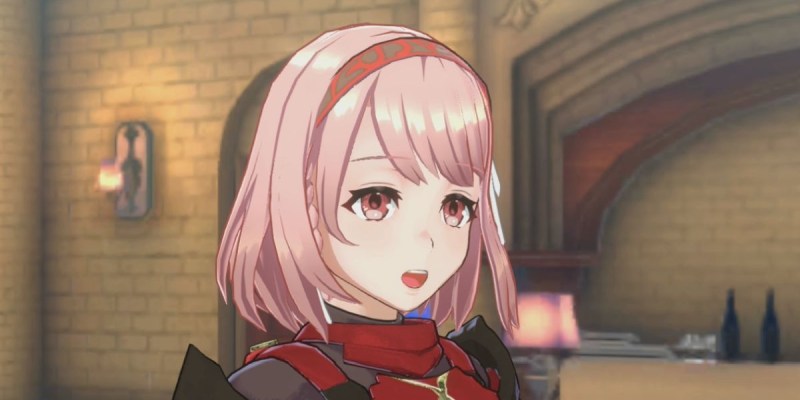BIG SHOT is not only the best song in video game history, but one of the best songs ever made.
It shouldn't be as good as it is. It should be a cacophony of discord. It should be a dumpster fire of a song. But despite everything, it managed to not only be decent, not only be good, not only be great, but a work of art that is genuinely fantastic to listen to. It forsakes music theory, uses no recognisable instruments, and has random words being shouted in the middle of the song, and yet it manages to not just be good in spite of it, but use them in a way that feels natural. BIG SHOT is already so fun to listen to, but when you consider everything it has going against it, it somehow gets even better.
0:00 to 0:13
The song opens with a spectacular lead that instantly hooks the listener, and builds upon itself before transitioning into the next part.
0:13 to 0:20
It then starts playing spamtons motif in a way that keeps you engaged, all the while small vocals are inserted, before ending with a telephone. Neither the telephone nor the vocals feel out of place, and the telephone feels natural.
0:20 to 0:27
It then builds upon the previous segment, but now includes more noticable vocals, including spamtons catchphrase to keep you hooked until...
0:27 to 0:40
The lead returns, this time more epic than before. including small bits of vocals and a background track. It lasts just as long as the last time it was used, and leaves before it gets old, leaving you wanting more.
0:40 to 0:54
the song starts with the opening of spamton, but starts trailing off, making you think its transitioning into filler, but then the second part kicks in to snap you back into it. After two times, it starts to get bland, but then it segways into the most fascinating part of the song.
0:54 to 1:08
It then starts playing two different leitmotifs at once, that being the world revolving and power of neo. These songs have nothing in common besides their connection to spamton, but they don't clash. Rather, these songs are played in just the right key that they fuse and create something spectacular. This could continue, and the song wouldn't suffer, but it then pulls a brilliant move.
1:08 to 1:22
The songs play again, but this time joined by vocals that to this day have yet to be deciphered entirely. While we all have the general understanding of what is being said, everyone interprets them differently. Here's my interpretation
¨I think hes coming for me, answer the phone. I can't explain until your all alone. He pulls the strings and makes them ring until your heart-I'm breaking up. I think he's coming for me, answer the phone. I can't explain until you're all alone. He pulls the strings and-pulls the strings and-TELL YOU WHAT YOU BIG SHOT.¨
These cryptic and dire lyrics engage the listener, and add another layer to this already excellent song.
1:22 to 1:35
The song returns to spamton, making you think its going to repeat, before it abruptly goes on a rather engaging tangent.
1:35 to 1:47
It then leaves the spamton leitmotif entirely to go on a tangent with a hint of jazz that just like everything else in the song, surprisingly works.
1:47 to 1:49
A leitmotif abruptly enters, cutting off the tangent. This motif came out of nowhere, and is the perfect thing to catch someone off guard. And somehow, it perfectly segways into...
1:49 to 2:03
The lead is back, and as hype as ever. But now, during the second round, it is joined by the lyrics to make a fantastic start to the songs sendoff.
2:03 to 2:16
The lead then changes key, being reminiscent of power of neo. This feels desperate, and drawn out. Then, like a dying star, the song escalates suddenly and rapidly before...
2:16 to 2:22
The dummy motif returns, abruptly and in an anticlimactic fashion, ending the song.
This song is perfect from start to finish. Its lowest points are still great, and its highest points are never overused. It leaves you wanting more, all while having no continuity at all. It is truly fantastic.



















